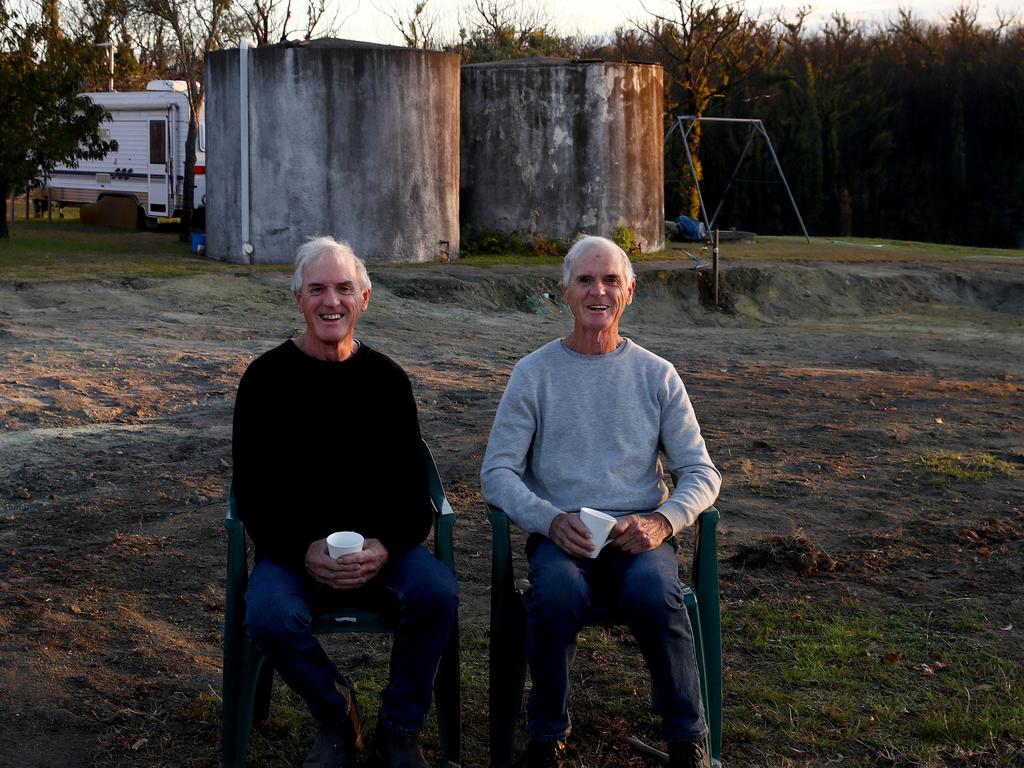Insurance industry commissions review as problems pile up
The Insurance Council of Australia will conduct a review of the sector in the wake of a litany of reports into underinsurance and premium price jumps.

Work is under way to prepare a review of the nation’s insurance sector after the Insurance Council of Australia commissioned two finance industry veterans to tackle rising premiums for consumers as well as the availability of insurance.
The review comes in the wake of a string of official inquiries into the market, including most recently findings from the competition regulator that insurance markets in Australia’s tropical north were deeply dysfunctional. It also follows the sector coming under scrutiny during the Hayne royal commission where commissions and sales models of insurers were put under the spotlight.
The ICA review will examine options to improve the insurance industry amid concerns many have been locked out of coverage through price or availability.
Several recent reports have highlighted sections of the insurance market being pummelled by rapidly escalating premiums or by providers limiting the level of coverage.
The insurance industry is also facing another bruising year of legal battles over business interruption claims resulting from the pandemic.
Former regulator and insurance veteran John Trowbridge will work in collaboration with University of Sydney economist Michael Blythe on the ICA’s insurance review.
Mr Trowbridge has previously held executive positions at two of Australia’s largest insurers, QBE and Suncorp.
From 2006 to 2010 Mr Trowbridge served as the Australian Prudential Regulatory Authority member for insurance and has chaired several key inquiries into the insurance industry.
In 2018 he prepared the review for the Reserve Bank of New Zealand into its prudential insurance regime after the spectacular failure of CBL insurance in 2018.
Mr Trowbridge said some of the issues could be addressed by industry initiatives or regulatory reforms, but others were beyond the private insurance industry’s capacity to resolve.
“The consultation paper will review various potential solutions and flag questions for policy makers, stakeholders and the industry to consider in order to move these important issues forward,” he said.
The review will be asked to prepare a summary of “practical solutions” to problems that have been buried in the Australian insurance market for decades.
Mr Trowbridge and Mr Blythe will examine the role of the private insurance market in promoting economic recovery and growth and identify any market segments where affordability or availability are critical.

The report will explore which market segments can be improved or issues fixed by insurers or the broader insurance industry. It will also seek to examine which industry segments and situations “are not reasonably insurable in the context of community and government expectations of affordability and availability”.
This follows the high-profile battle in the courts, both in Australia and internationally, over potential pandemic-related insurance claims.
Insurers are also smarting after huge payments following the 2019-2020 horror summer of fires and floods.
The review has been asked to consider how to approach situations where insurance becomes unaffordable or unavailable “due to market limitations”.
The ICA’s review will identify potential solutions to overcome market shortages “so as to serve the community better without imposing obligations on insurers that they cannot meet, or that may cause them to withdraw from the market or to fail”.
Work on engaging with the industry is already under way and a consultation paper is due in March. Mr Trowbridge and Mr Blythe’s report is due mid-year.
ICA chief executive Andrew Hall said it was critical the insurance industry examined its functioning and failings.
“In many of these cases, insurers themselves are also under pressure to provide a profitable product, so solutions are often difficult to determine,” he said.
“While changes in availability or affordability of insurance send a price signal about the risks that are present, we know that where there are acute issues we need to find ways forward so economic prosperity is not hindered or risk shifted back on those without the capacity to properly manage it.”








To join the conversation, please log in. Don't have an account? Register
Join the conversation, you are commenting as Logout